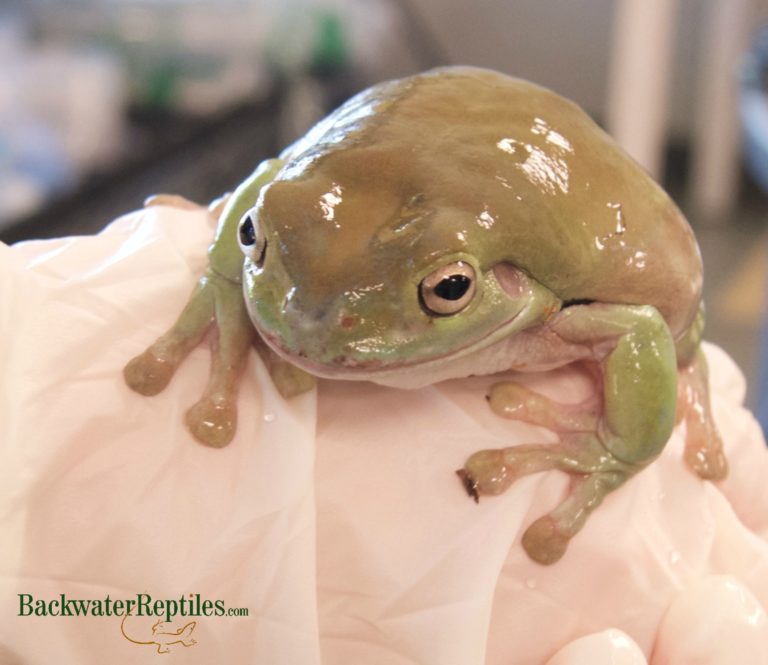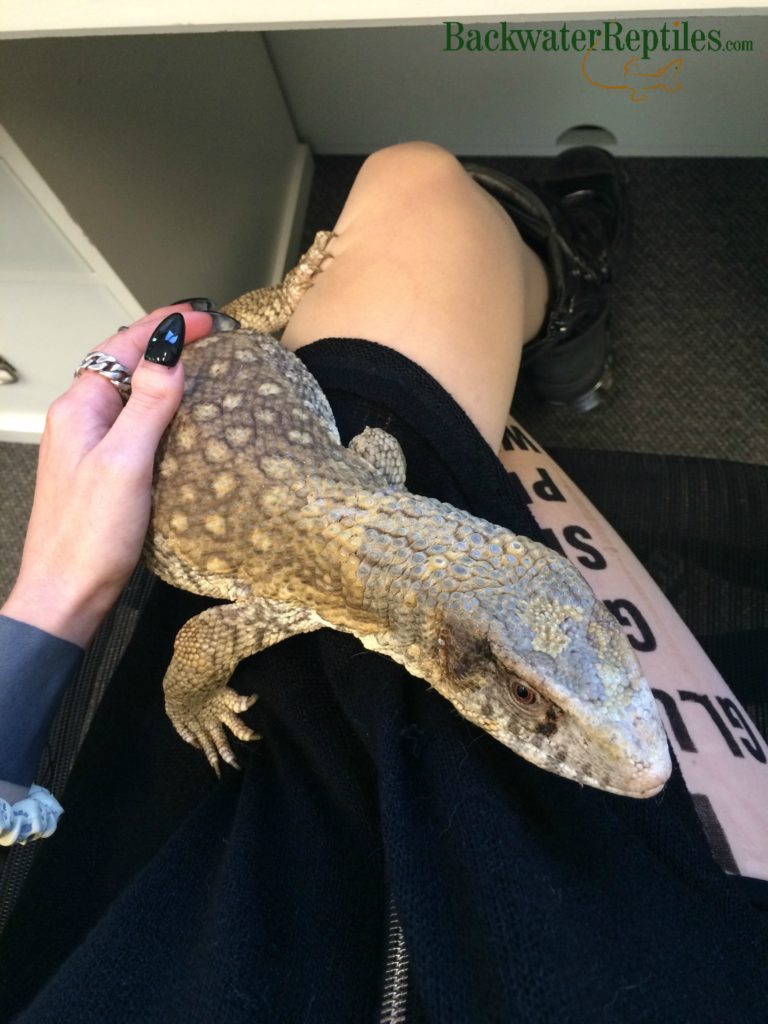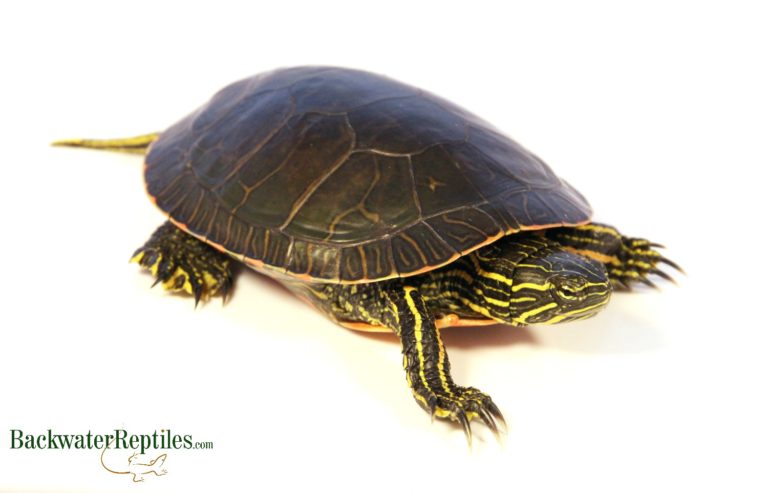A common concern many new reptile or amphibian owners have is encountering the bacteria known as Salmonella. While it is true that reptiles can be carriers of the bacteria, we want to delve deeper into this topic and explain in detail when, why, or how you should or should not be concerned when it comes to Salmonella and your pet.
Read on to learn more about how to take proper precautions and in what rare instances Salmonella infection from your pet could occur.
What Is Salmonella?
Salmonella is a strain of bacteria that generally affects the bloodstream and digestive system. It causes intestinal distress such as diarrhea and vomiting, abdominal cramps, and fever. When someone is infected with Salmonella, it is called salmonellosis.
We’d like to make it known that while reptiles and amphibians have gotten a bad reputation for being carriers of this bacteria, salmonellosis is mainly caused by eating “bad” food. Reptiles and amphibians are not the leading cause of this illness.
Salmonellosis can be serious and lead to hospitalization, although most people usually overcome the illness within a few days and recover fully without needing any treatment.

Symptoms of Salmonella In Humans
Although we’ve previously touched upon the main symptoms of salmonella infection in most people, here is a complete list of potential symptoms an infected person might experience:
-Mild or severe diarrhea
-Abdominal cramping
-Vomiting
-Fever
-Chills
Can My Pet Reptile or Amphibian Give Me or a Family Member Salmonella?
While it is a possibility that your pet reptile or amphibian could unintentionally infect you or a loved one with Salmonella, it is highly unlikely if proper husbandry and care techniques are used when handling the animal and cleaning its enclosure. It’s also usually necessary to come into direct contact with the animal or its accessories in order for infection to occur.
Salmonellosis is most frequently seen in young children under the age of five, older folks, and those with compromised immune systems. We recommend exercising caution if you or someone you know fits this criteria and you want them to avoid potential illness.
If you are a healthy person with a normally-functioning immune system, you should likely be just fine handling your pet reptile or amphibian. Just make sure to be smart. This means washing your hands after handling your pet, keeping the cage as clean as possible, using hand sanitizer if applicable, avoiding putting the animal or your hands in your mouth during or after handling, and sometimes wearing gloves depending on what species you own.
In short, the answer is yes, your pet reptile or amphibian could give you Salmonellosis, however it would be mostly in cases of negligence on the owner’s part.

How Can I Avoid Catching Salmonella From My Pet Reptile or Amphibian?
The best way to avoid catching Salmonellosis from your pet reptile or amphibian is to exercise common sense. Keep your pet’s enclosure clean. Bathe or soak your pet regularly, although we don’t recommend that you use any soap! Wash your hands after touching your pet. And avoid contact if you know you have a compromised immune system.
We handle reptiles, amphibians, and their cage accessories every day at the Backwater Reptiles facility and not a single employee has yet caught Salmonellosis. Here are some rules we always apply at the facility in order to make sure that we stay as healthy as our animals.
- Always wash your hands after handling or touching any reptile or amphibian. The same holds true for touching or handling anything in or around their enclosure. Hand sanitizer also works wonders, particularly if you don’t have immediate access to water and antibacterial soap.
- If children will be near the animals, make sure playtime is supervised. You wouldn’t want any animals to end up in a child’s mouth for many reasons, including the possibility of catching salmonellosis.
- Make sure that anyone coming near the enclosure or handling any reptile or amphibian is healthy and does not have a compromised immune system.
- If you have handled reptiles, amphibians, or any of their accessories, do not touch your face or put your hands in your mouth for any reason. Salmonella is more readily transmissible through consumption, which is why it is more commonly seen as a food-borne illness.
- Although it might be fun to let your pet monitor, iguana, or large snake roam the house, we recommend making sure that they steer clear of any area in the home where food is prepared.
- Make sure that habitats are kept clean! This is essential to both the health of your pet and the household. Make sure that cage accessories are washed properly using an antibacterial sanitizing agent. Wear disposable gloves when performing routine cleanings.
- If you allow your pet reptile to hang out on your clothing, make sure to wash the clothing carefully.

Conclusion
Ultimately, while it is not impossible to catch Salmonella from your pet reptile or amphibian, it is very unlikely unless you just happen to be a young child or an individual with a compromised immune system.
Follow our guidelines and use common sense when handling your pet reptile or amphibian and you should have no issues.

